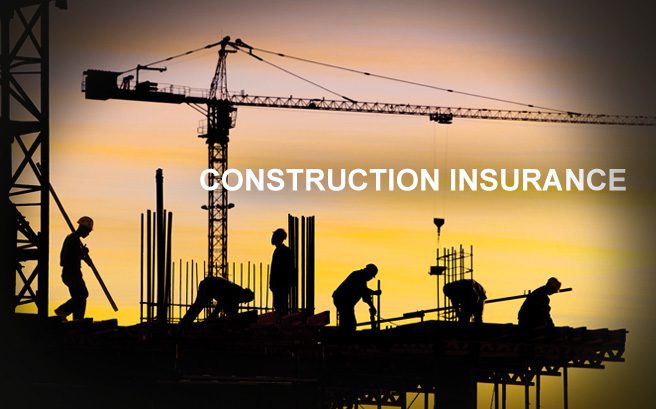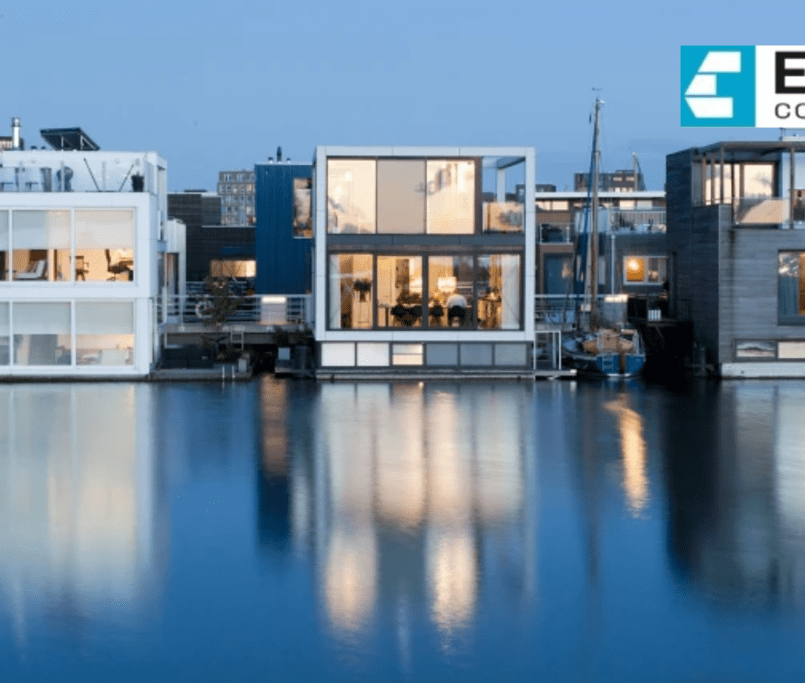Construction Insurance: The complete guide
In the United States, construction insurance, commonly referred to as builder’s risk
insurance or construction risk insurance, is an essential element of every construction
project. Against a variety of risks and liabilities that could occur during the construction
process, it offers crucial financial protection.
Here are some important details concerning US construction insurance:
The goal of construction insurance is:
Risk Reduction: Because of elements like weather, mishaps, theft, and unforeseen
events, construction projects are inherently dangerous. Construction insurance is
made to reduce these risks and safeguard the objectives of all parties concerned.
Contractual Requirement: A substantial number of construction contracts,
particularly those involving bigger projects, generally need for builders or
contractors to hold kinds of insurance coverage.
- Different kinds of construction insurance in the US:
Builder’s risk insurance: It protects against damage or loss caused by a variety of
risks, including fire, vandalism, and severe weather occurrences. It also covers
supplies and equipment on the job site.
General Liability Insurance: Insurance against third-party claims for physical harm or
property damage resulting from construction activities is known as general liability.
For builders and contractors, it is crucial.
Workers’ Compensation Insurance: Required by law in most states, workers’
compensation insurance covers medical expenses and lost wages for construction
workers injured on the job.
Professional Liability Insurance: Architects, engineers, and other construction
professionals may require professional liability insurance to defend themselves
against lawsuits alleging mistakes or omissions in their work.
Umbrella/Excess Liability Insurance: This provides additional liability coverage
beyond the limits of general liability insurance and can be crucial for larger projects
with higher potential risks. - Coverage Duration:
Construction insurance typically covers the project from the groundbreaking phase until it is
completed and handed over to the owner or occupants. - Importance of Construction Insurance:
Financial Protection: Construction projects involve significant investments of time
and money. Insurance helps protect these investments by covering unexpected
losses, which can otherwise lead to project delays and cost overruns.
Contractual Obligations: Many contracts, including those with lenders and owners,
require builders and contractors to have insurance. Failure to comply can result in
legal issues and project delays.
Risk Management: Construction insurance is a critical tool for managing and
transferring risks away from the project stakeholders. It allows them to focus on
completing the project rather than worrying about potential setbacks.
Cost Factors:
Project Size and Scope: The larger and more complex the project, the higher the
insurance costs.
Location: Insurance costs can vary significantly depending on the geographic location
of the construction site.
Type of Construction: Different construction types (e.g., residential, commercial,
industrial) have varying insurance needs and costs.
Safety Measures: Implementing robust safety practices can help reduce insurance
premiums. - Finding a Construction Insurance Provider:
Builders and contractors typically work with insurance brokers or agents who specialize in
construction insurance to find the most suitable policies and coverage options. - Compliance with Regulations:
It’s essential to be aware of state and local regulations regarding construction insurance.
Failure to comply can result in penalties and legal issues.
In conclusion, construction insurance in the US is a vital risk management tool for builders,
contractors, and project owners. It provides financial protection, ensures compliance with
contractual requirements, and helps keep construction projects on track despite potential
setbacks. Consulting with experienced insurance professionals is advisable to determine the
specific insurance needs for a construction project and to obtain the most suitable coverage.
Disclaimer: This content is provided solely for your review. Erusu Consultants takes no liability for this article. The reader is advised to form their own opinion. Please consult a Structural Engineer before making any final decisions.






